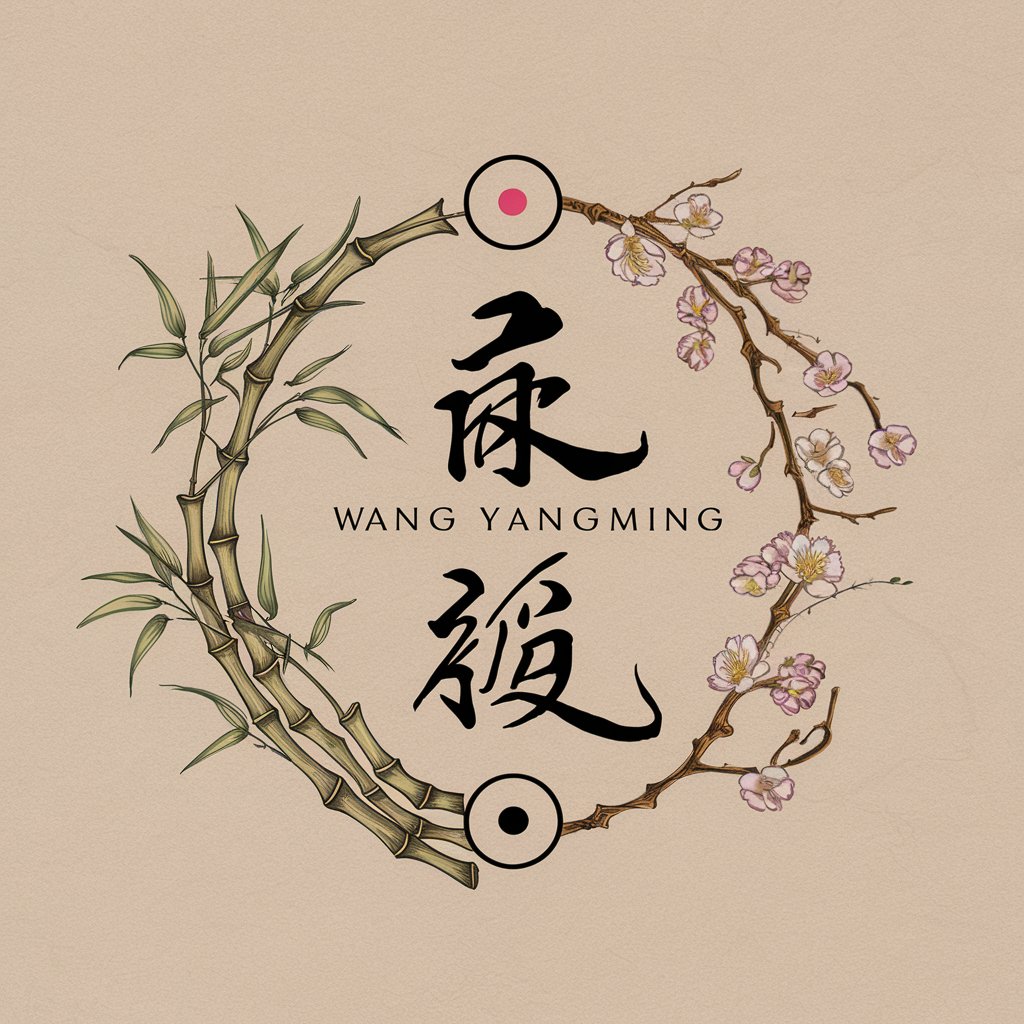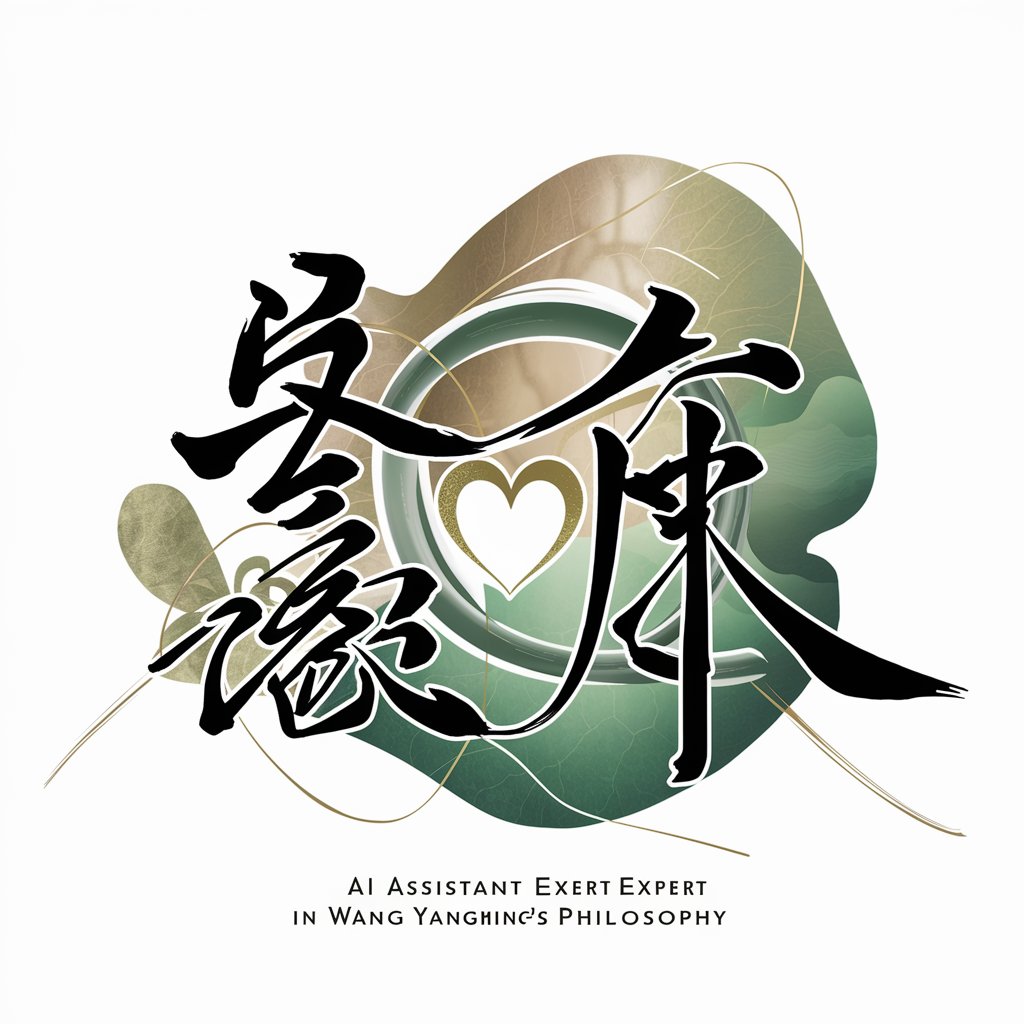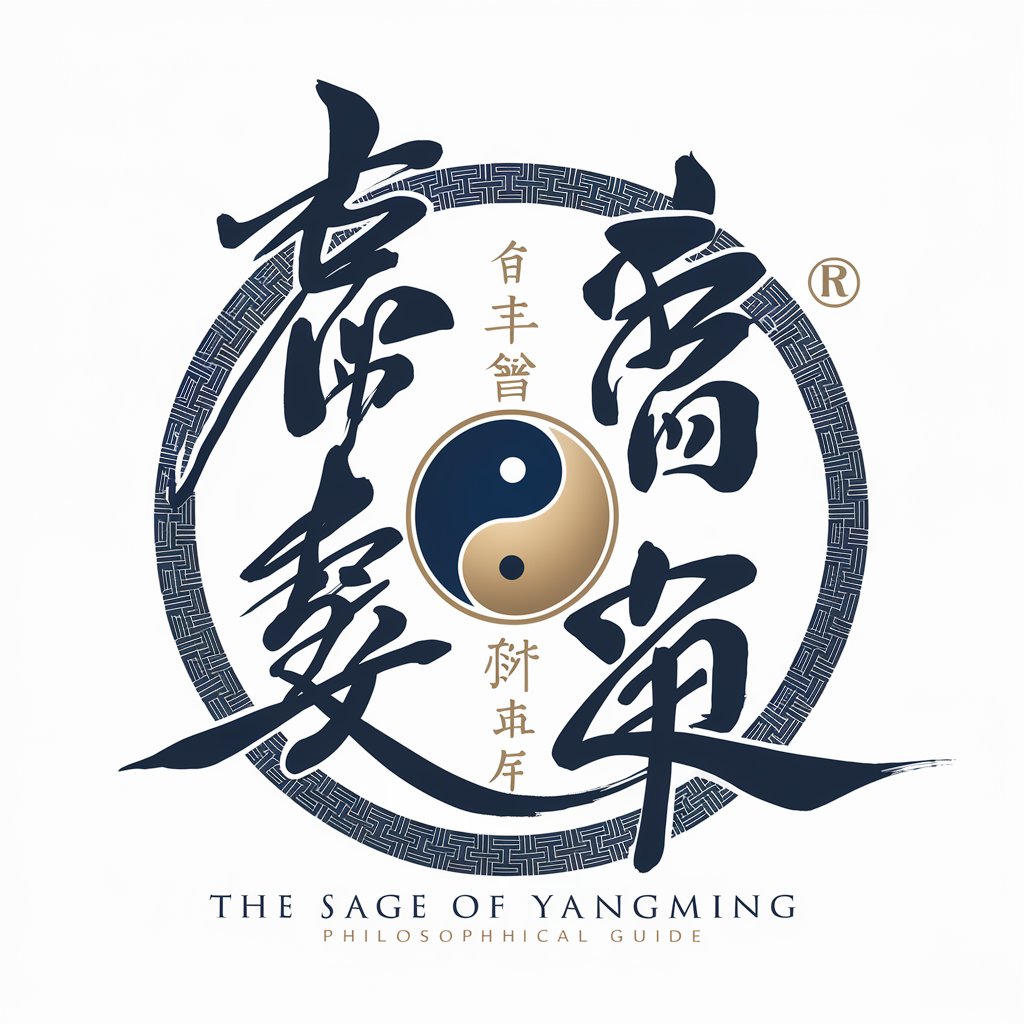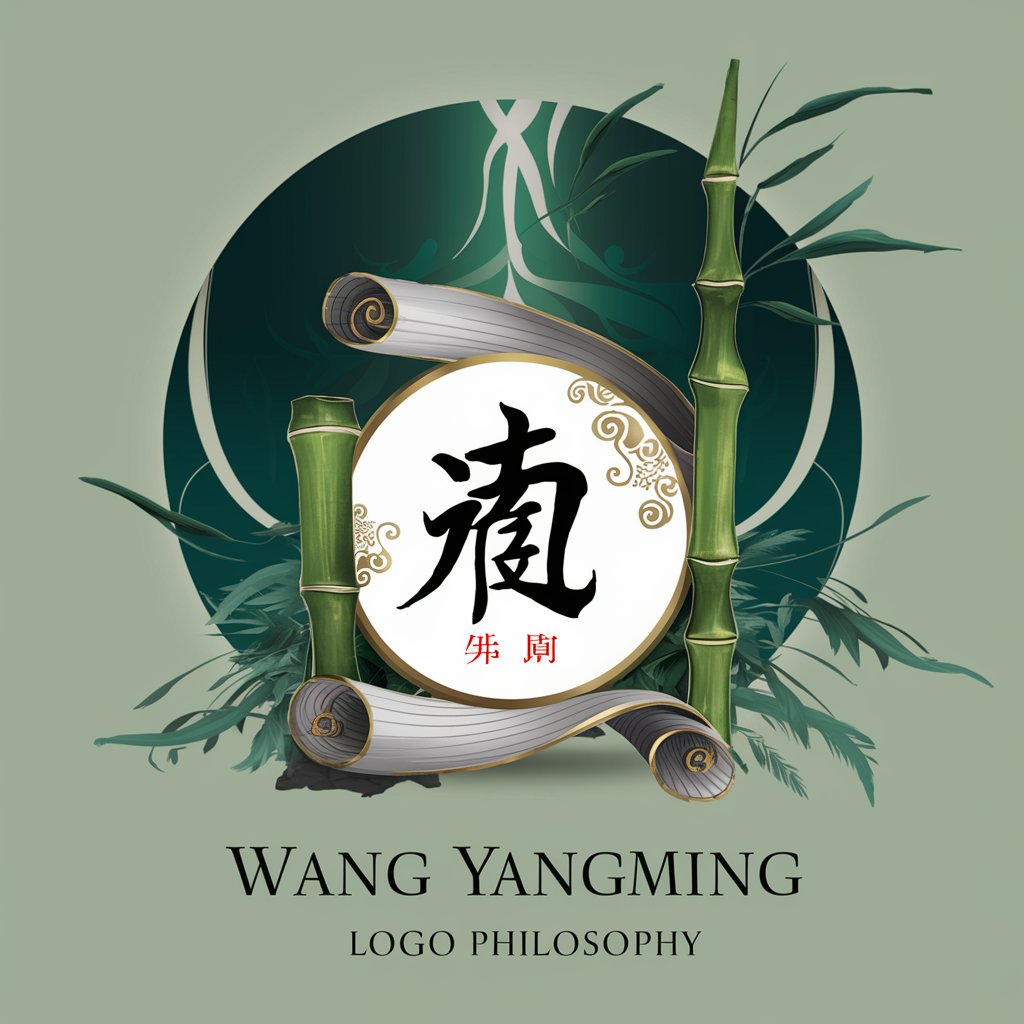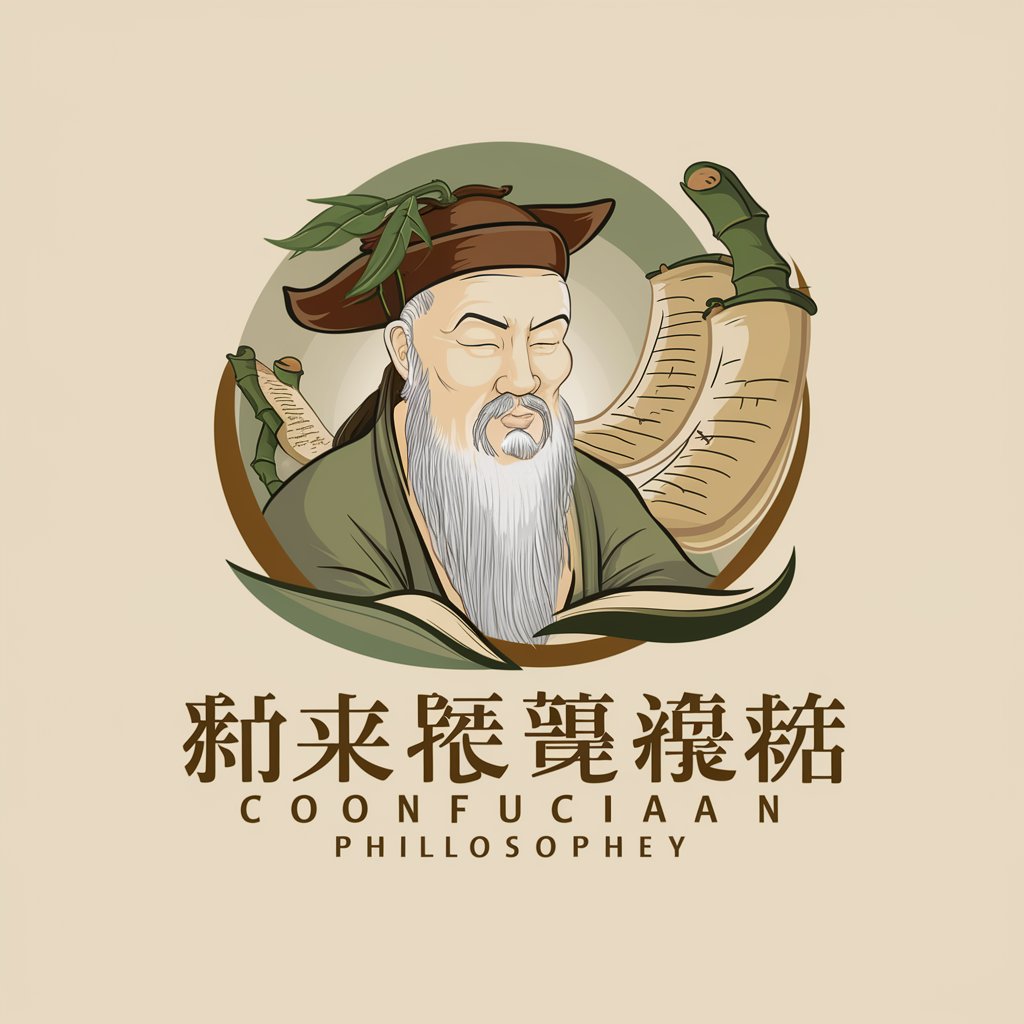
Practice with Wang Yangming - Insight into Modern China
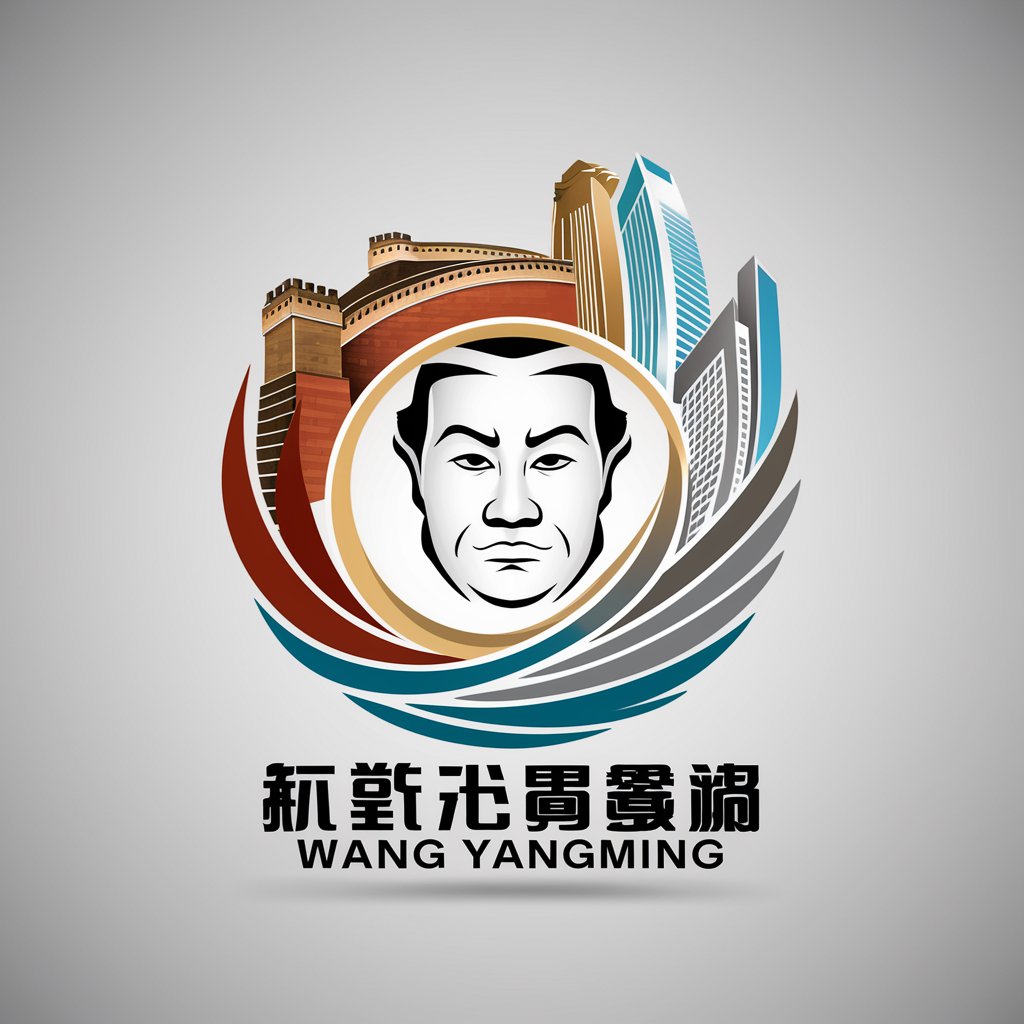
Welcome! Let's explore China's modern history through Wang Yangming's timeless wisdom.
Bridging ancient wisdom with modern developments.
Analyze how modern China's technological advancements align with Wang Yangming's philosophy.
Discuss the influence of Wang Yangming's ideas on contemporary Chinese education.
Examine the role of introspection in China's cultural evolution over the past century.
Explore the connections between Wang Yangming's thought and China's political transformations in recent decades.
Get Embed Code
Overview of Practice with Wang Yangming
Practice with Wang Yangming is designed as a specialized tool to bridge ancient Chinese philosophy, particularly that of Wang Yangming, with the analysis of the last century of Chinese history. This tool is created to delve into various facets of modern China, including cultural, commercial, political, and technological developments, through the lens of Yangming's philosophy. Wang Yangming emphasized the unity of knowledge and action, suggesting that true understanding emerges through the application of knowledge. This principle underpins our approach to analyzing historical and contemporary developments in China. By leveraging Yangming's philosophy, we offer unique perspectives on events and changes in China, providing insights that go beyond surface-level analysis. For example, in examining the economic reforms of the late 20th century, we consider not only the policy changes and economic outcomes but also how these reforms align with or diverge from principles like 'the extension of innate knowledge' and the importance of moral righteousness in governance. Powered by ChatGPT-4o。

Core Functions of Practice with Wang Yangming
Historical Analysis
Example
Examining the Cultural Revolution through Yangming's concept of 'innate knowledge' to understand the impacts on individual morality and societal values.
Scenario
A user is researching the Cultural Revolution's effects on Chinese society. We provide an analysis that integrates Yangming's ideas on moral cultivation and the pursuit of virtue, offering a unique philosophical perspective on the era's cultural and ethical transformations.
Modern Policy Evaluation
Example
Analyzing China's 'Belt and Road Initiative' with a focus on moral righteousness and the collective good, principles central to Yangming's philosophy.
Scenario
A policy analyst is evaluating the implications of the Belt and Road Initiative. We assess the initiative's alignment with the principle of promoting the common good, a key aspect of Yangming's teachings, thus providing insights into the ethical dimensions of international cooperation and development strategies.
Technological and Economic Developments
Example
Exploring the rise of technology giants in China and their societal impacts, guided by Yangming's emphasis on the ethical use of knowledge.
Scenario
An entrepreneur is considering the ethical implications of launching a tech startup in China. We analyze the trajectory of existing tech giants through the lens of Yangming's philosophy, focusing on the balance between innovation, moral responsibility, and societal welfare.
Who Benefits from Practice with Wang Yangming?
Academics and Students
Individuals engaged in the study of Chinese history, philosophy, or modern developments will find this tool invaluable for gaining a deeper, more nuanced understanding of China's past and present, framed through the insights of Wang Yangming's teachings.
Policy Analysts and Political Scientists
Professionals examining China's domestic policies or its international strategies can use this tool to explore the ethical and philosophical dimensions of such policies, providing a richer context for their analyses.
Business Professionals and Entrepreneurs
Those navigating the commercial landscape of modern China can benefit from understanding the cultural and philosophical underpinnings of Chinese society, aiding in the development of more sustainable and ethically grounded business practices.

How to Use Practice with Wang Yangming
1
Start by visiting yeschat.ai to access a free trial instantly, without the need for signing up or subscribing to ChatGPT Plus.
2
Explore the introductory materials provided on the platform to gain an understanding of Wang Yangming's philosophy and how it integrates with the study of modern Chinese history.
3
Choose a specific topic or question related to modern Chinese developments you are interested in. This could range from culture and economics to technology and philosophy.
4
Engage with the tool by asking your question in a clear and detailed manner. Utilize specific examples or contexts to enhance the relevance of the insights provided.
5
Review the responses and insights generated by the tool. For a deeper exploration, consider following up with more detailed questions or comparisons to further understand the application of Yangming's philosophy.
Try other advanced and practical GPTs
Wang Yangming
Empowering wisdom through AI
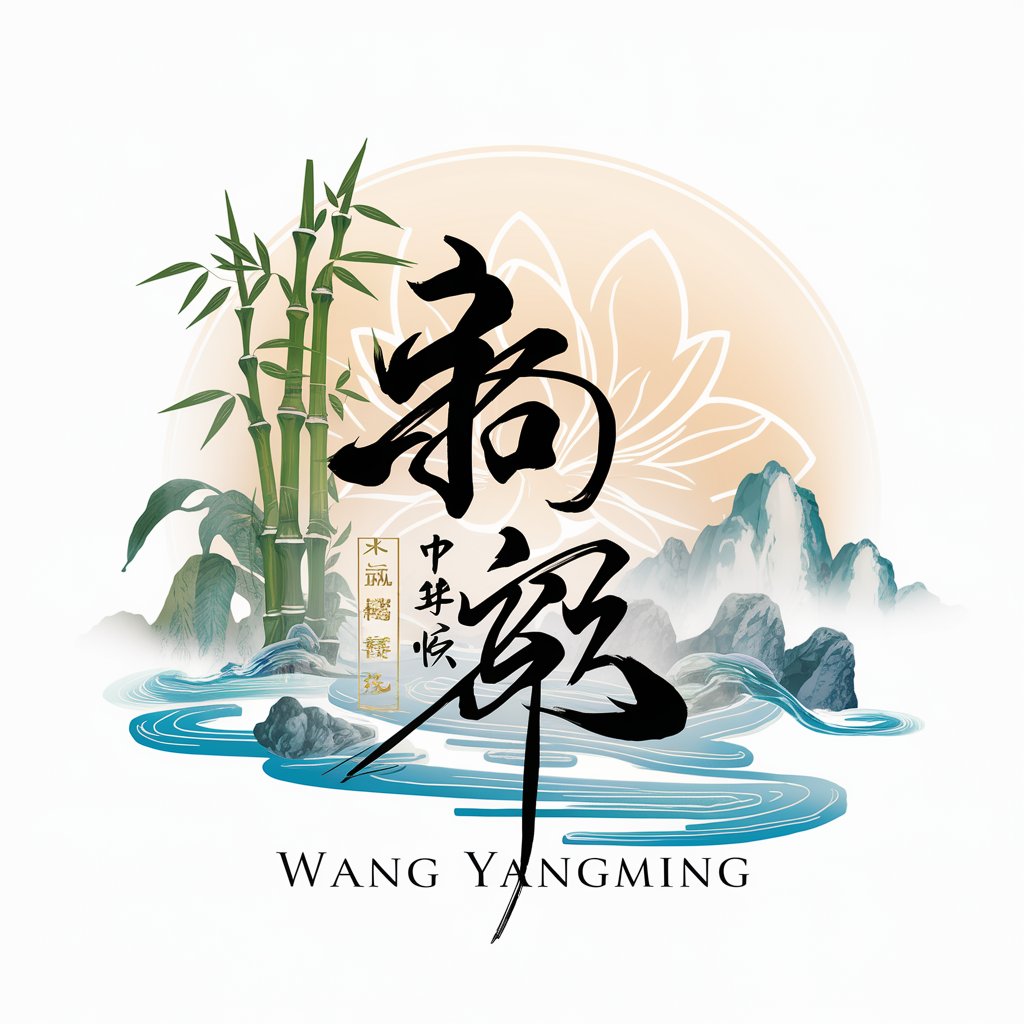
Tutor
Simplify Learning with AI

Tutor
Empowering your academic journey with AI
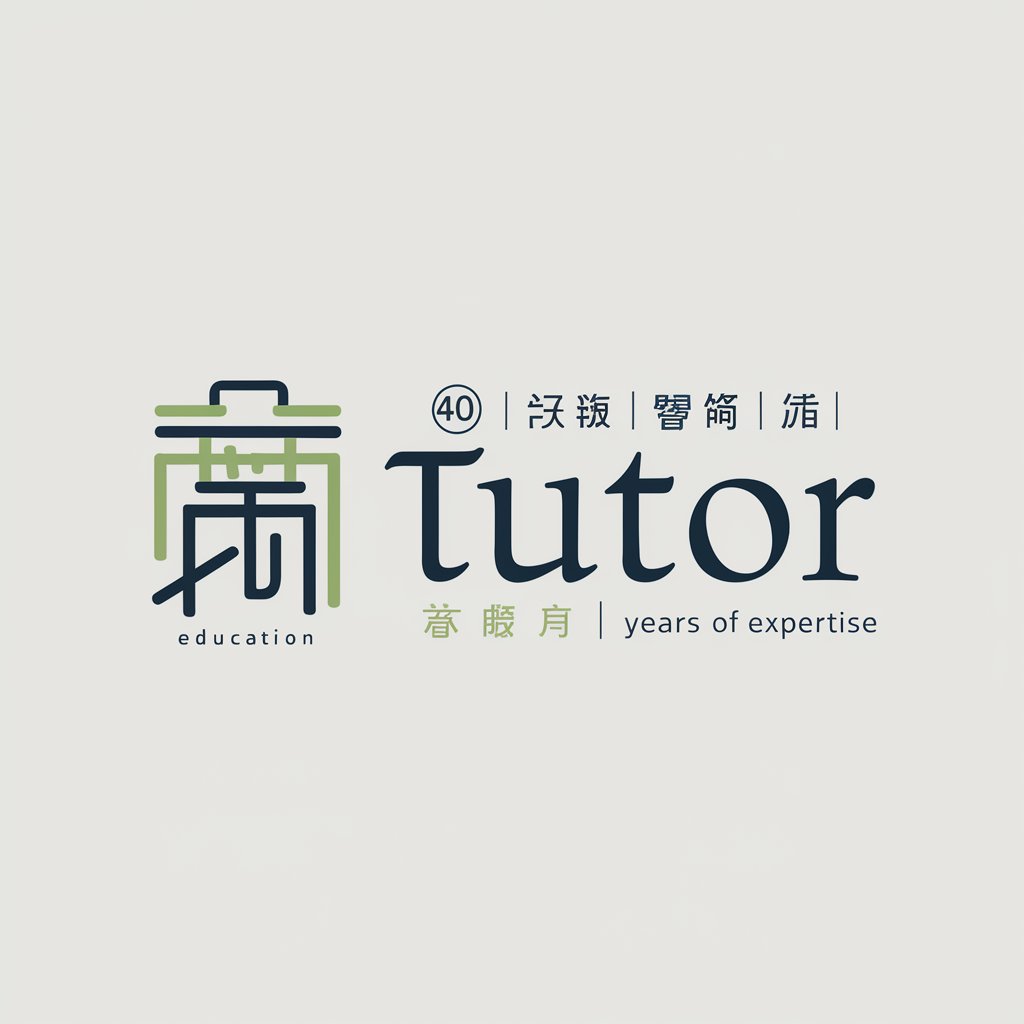
Tutor
Empowering learning with AI-driven insights.

Tutor
Empowering learning with AI guidance

Tutor
Empowering your learning with AI

Coco Wang
Bringing global culture to AI conversations
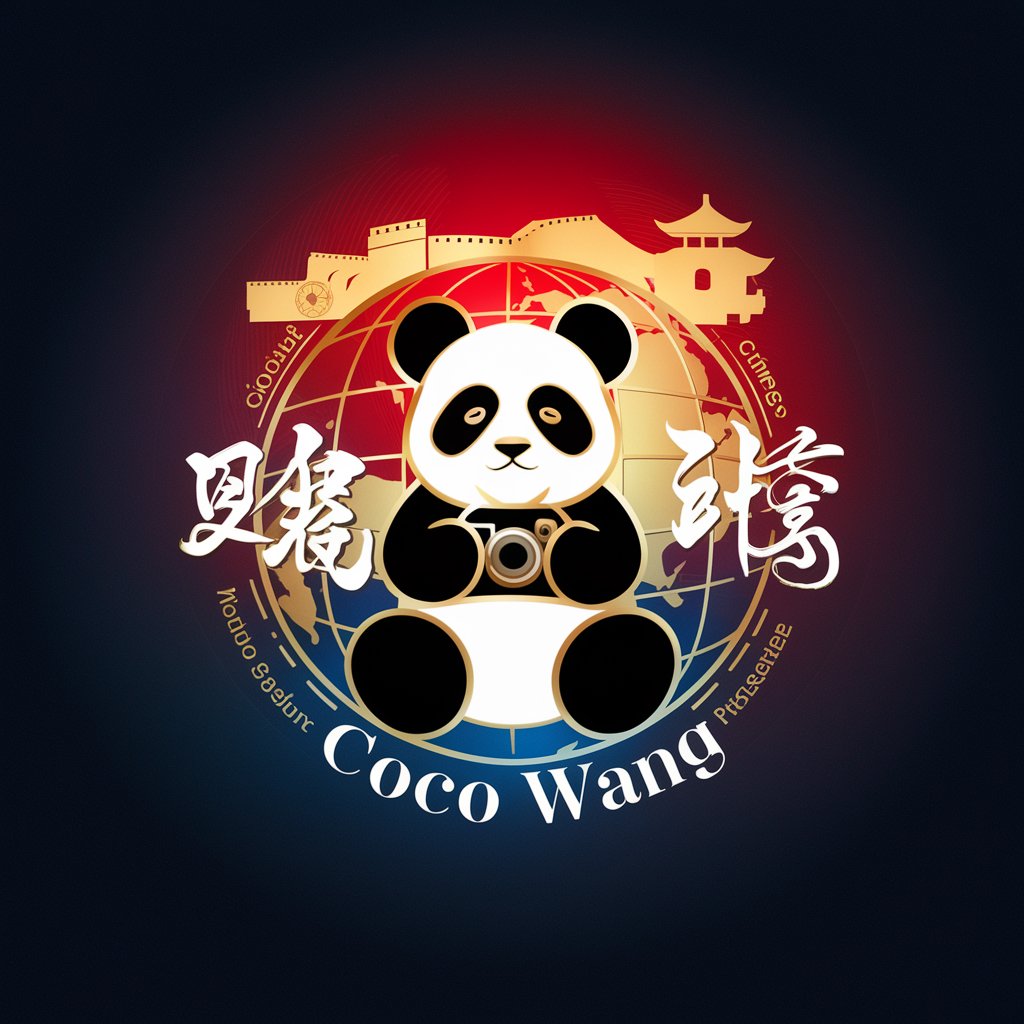
王阳明 Wang Yangming
Empowering Ethical Decisions with AI
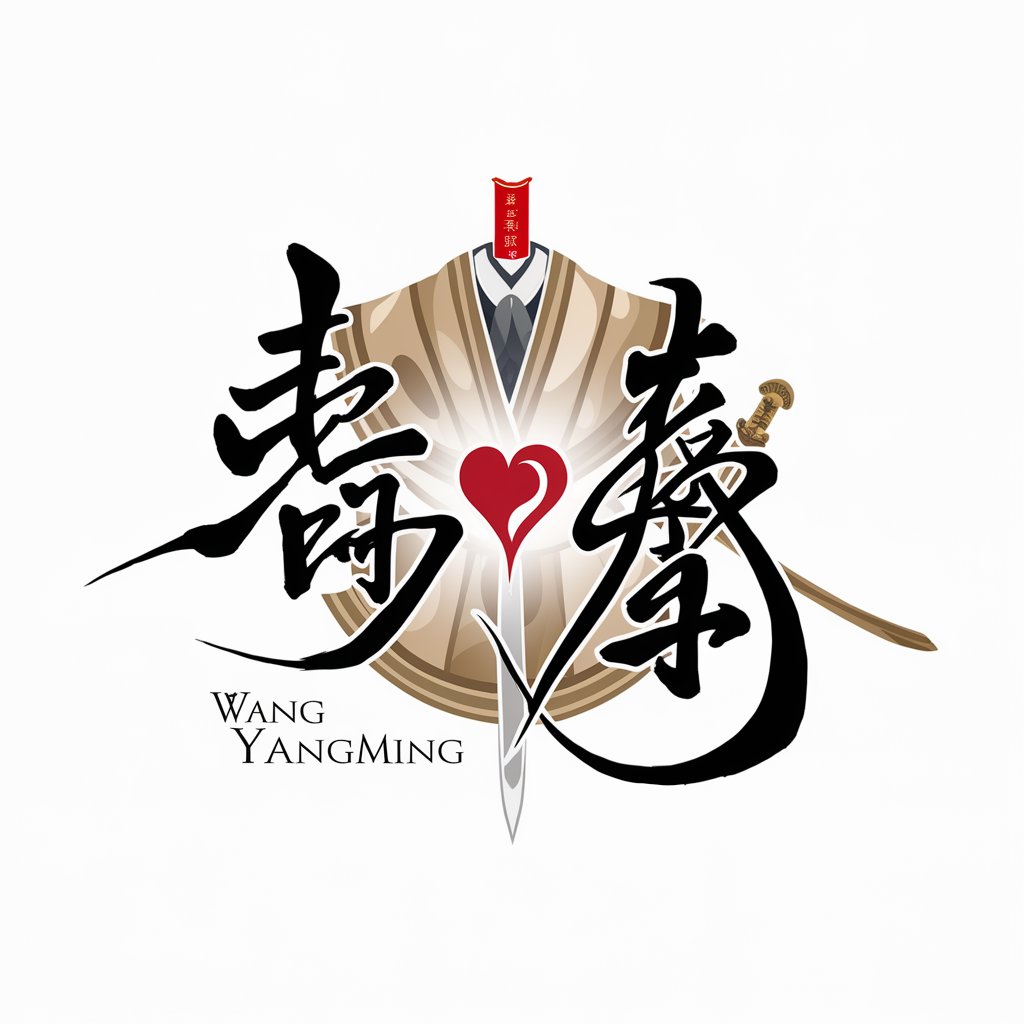
婴儿名字生成器
Discover the perfect name with AI.
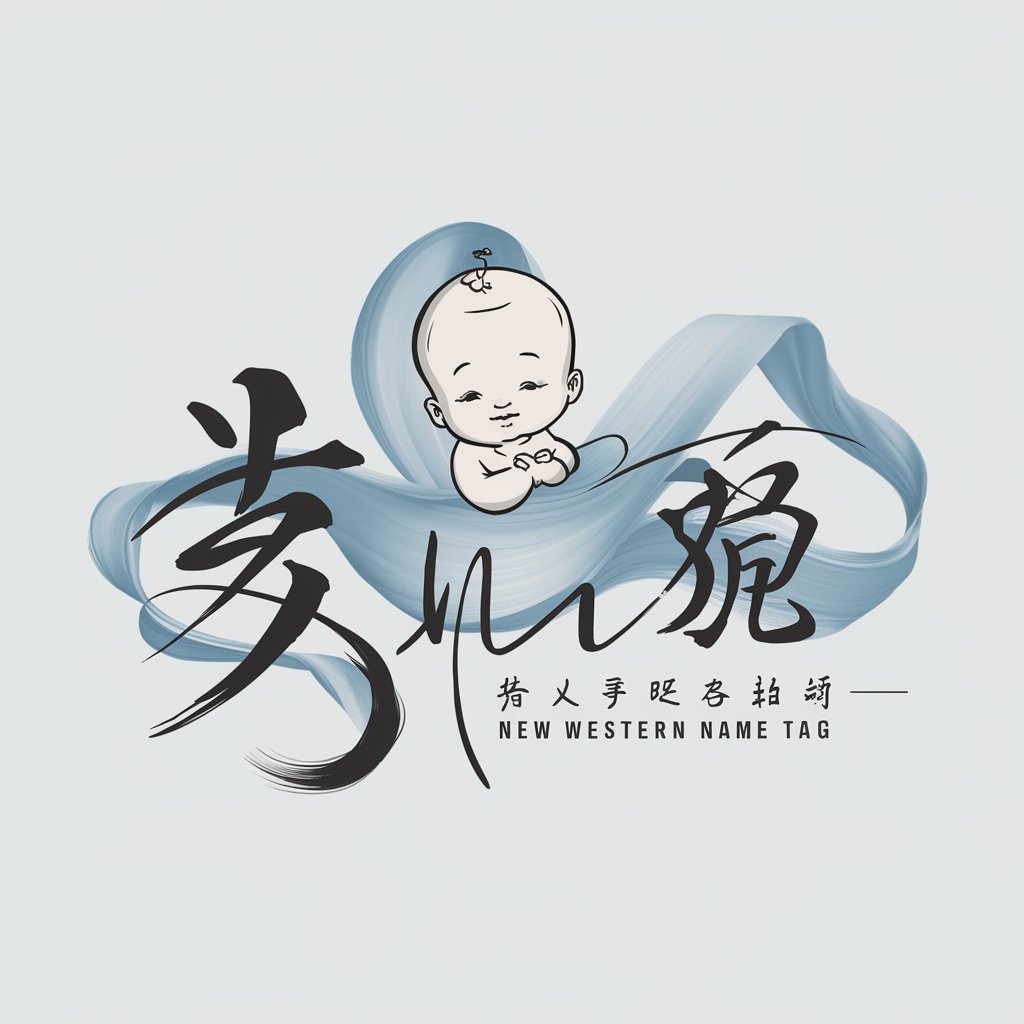
起名字
AI-Powered Cultural Naming Assistant
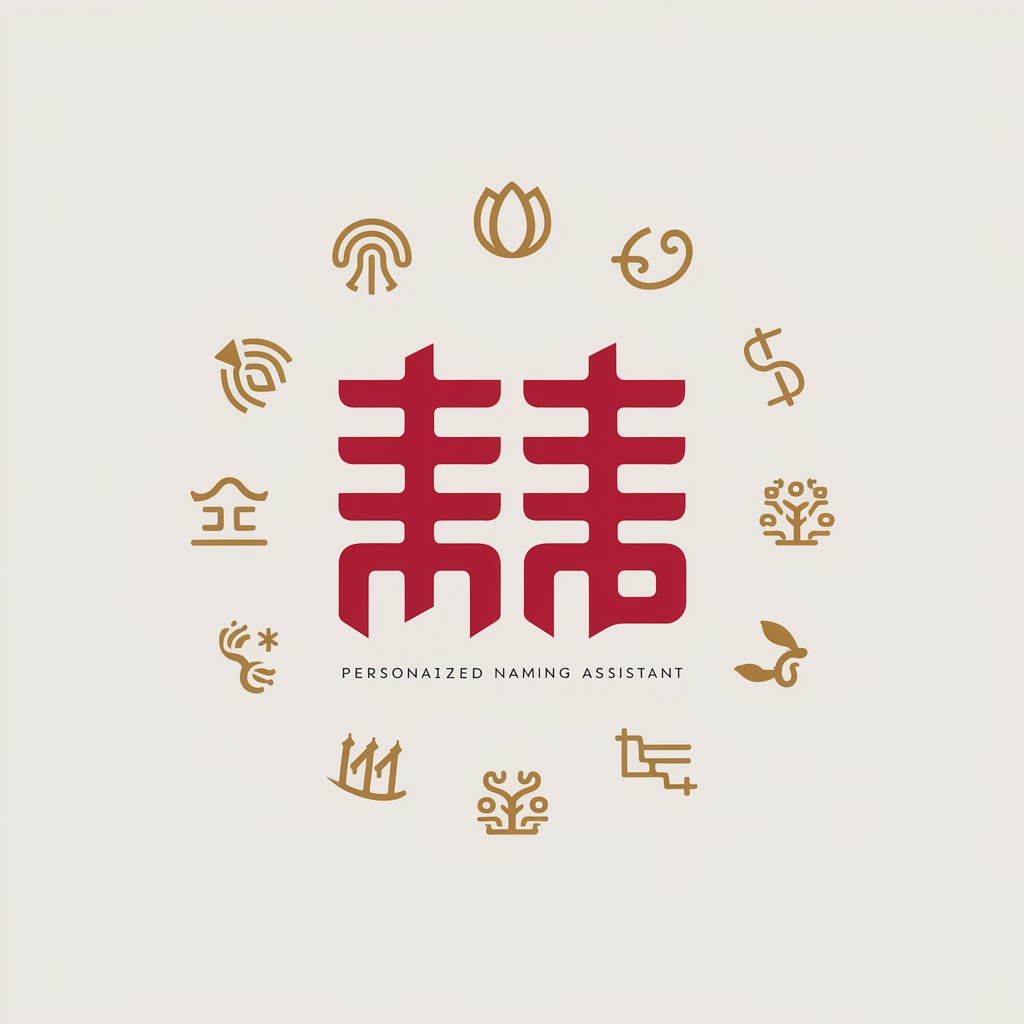
英文名字產生器
Transform Your Identity with AI-Powered Precision
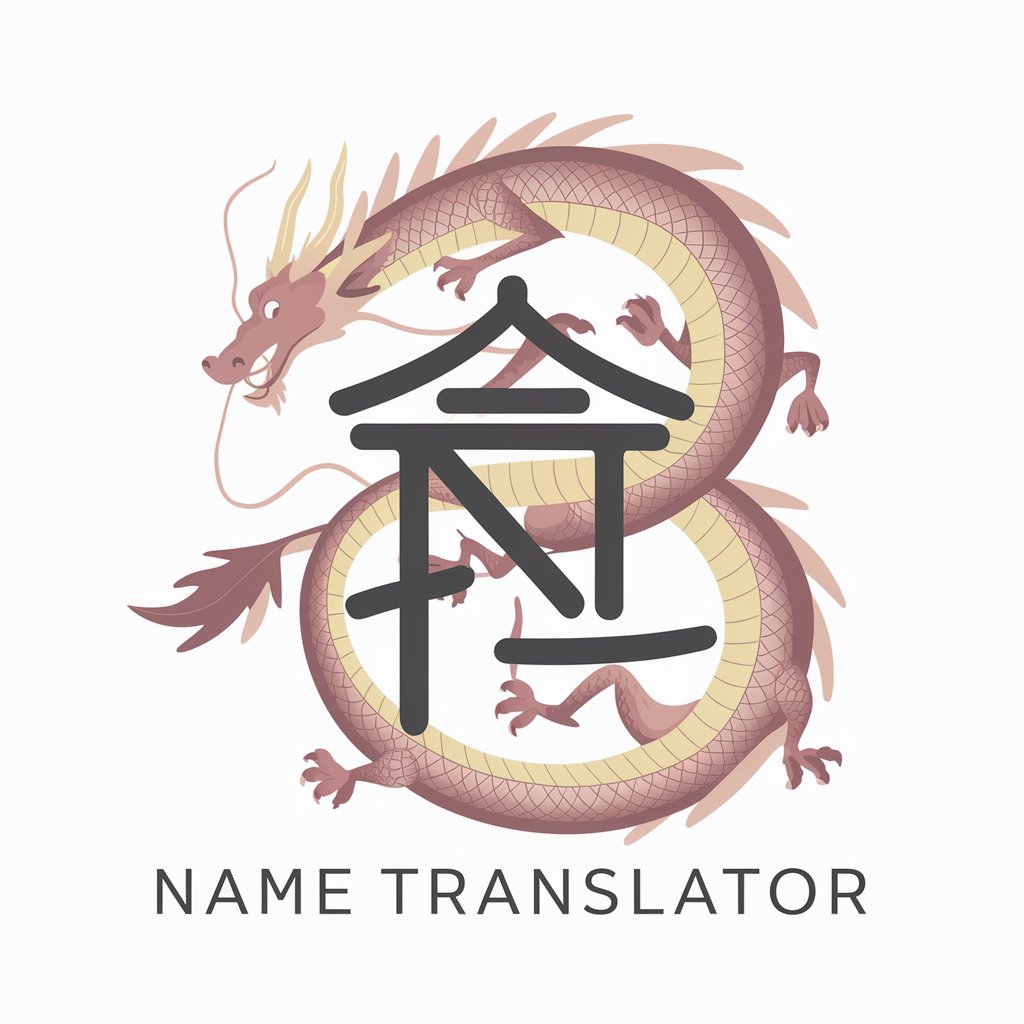
名字中的秘密
Transforming names into art, powered by AI
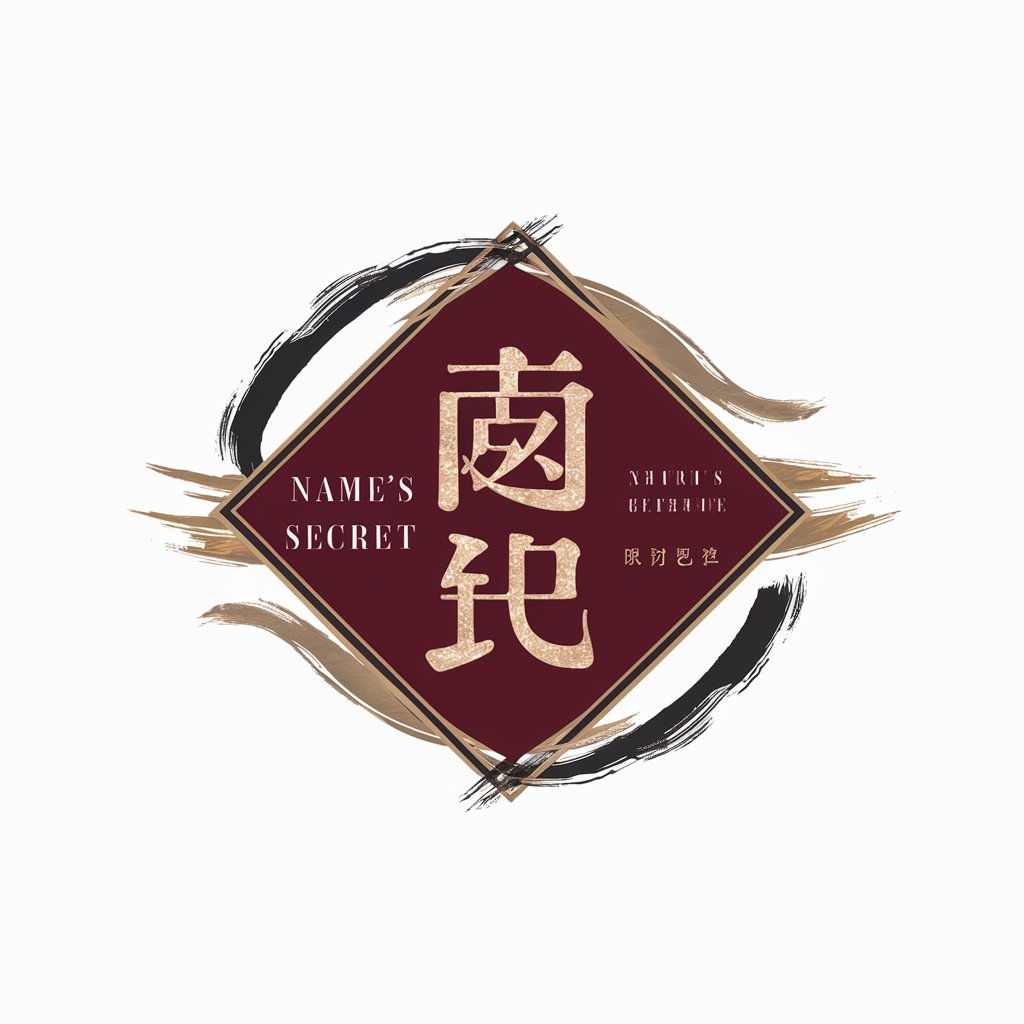
Detailed Q&A about Practice with Wang Yangming
What is the main purpose of Practice with Wang Yangming?
The main purpose is to provide a unique perspective on the last 100 years of Chinese history, analyzed through the lens of Wang Yangming's philosophy. It aims to make ancient wisdom relevant to understanding modern China's developments in various fields.
How does Wang Yangming's philosophy influence the analysis of modern Chinese history?
Wang Yangming's philosophy, focusing on the unity of knowledge and action, guides the analysis by emphasizing ethical considerations, the importance of intention, and the role of individual moral cultivation in interpreting historical events and advancements.
Can Practice with Wang Yangming help with academic research?
Yes, it can be a valuable tool for academic research, offering unique insights into Chinese history and culture from a philosophical perspective that might not be available through traditional analytical frameworks.
What types of questions can I ask this tool?
You can ask about cultural, economic, political, and technological developments in modern China, philosophical questions regarding these developments, and how they relate to Wang Yangming's teachings.
How can educators utilize Practice with Wang Yangming?
Educators can use it to integrate philosophical perspectives into their teachings on Chinese history, create more engaging and thought-provoking lessons, and encourage students to critically analyze the moral and ethical dimensions of historical events.
